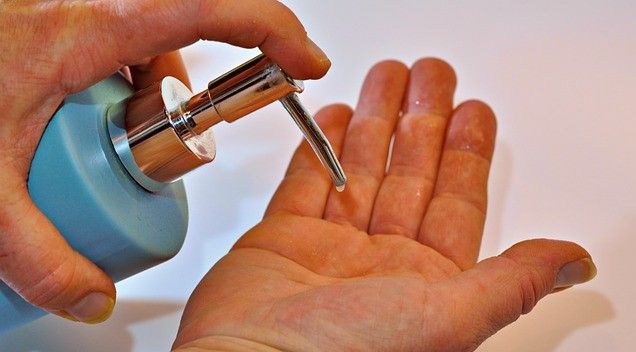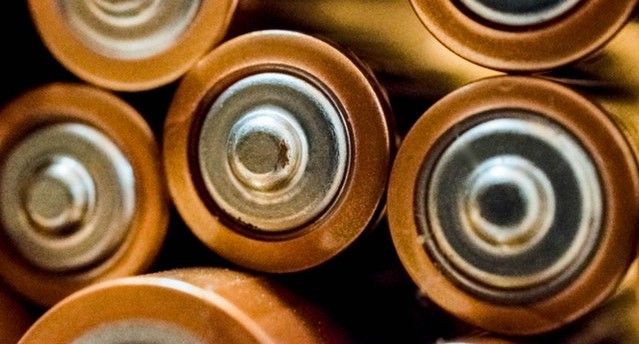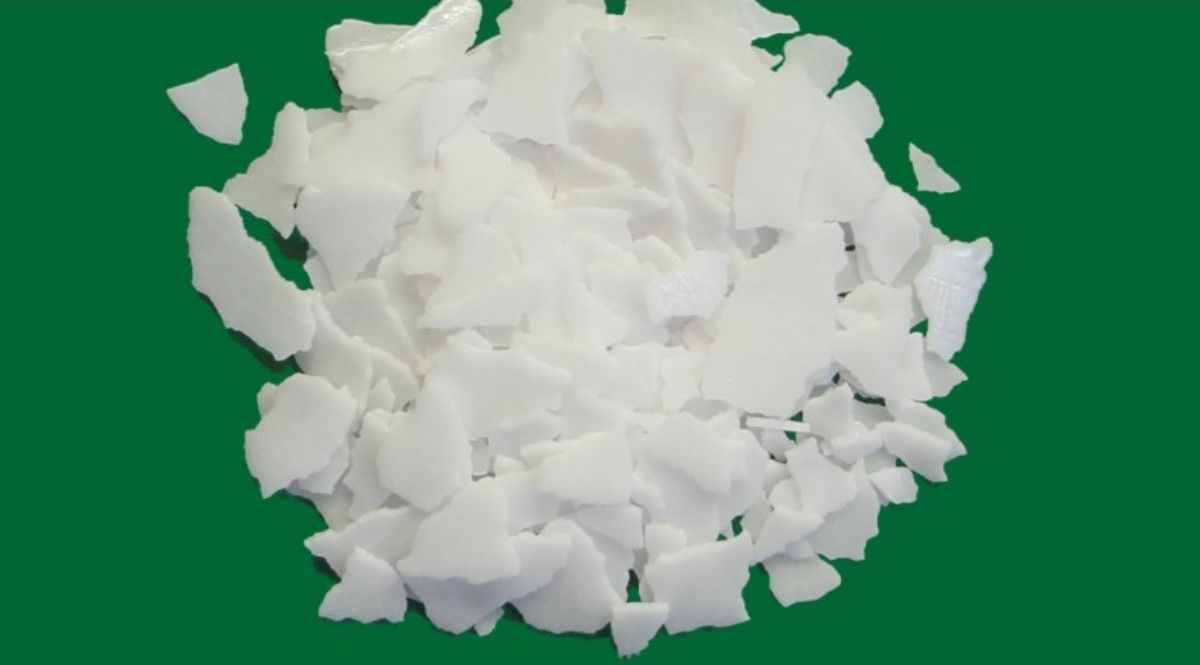Potassium hydroxide is a strong alkali, it is very soluble in water, and is also highly corrosive, so it must be handled with great care. However, its solubility, alkalinity, and corrosiveness are exactly why it is such a versatile chemical product with so many applications in manufacturing.
This is the second part of a two-part analysis of the various uses for potassium hydroxide. To find out how KOH is used in agriculture, the chemical industry, cosmetics, battery production, and the food industry read: Uses for KOH in Farming, the Chemical Industry, and Food Processing
KOH in Soap and Cleaning Products
· One of potassium hydroxide’s main markets is the manufacture of soap and cleaning products as the chemical is used for the saponification of fats. Although sodium hydroxide is more commonly used for soap production, potassium hydroxide creates a softer soap. KOH is also more soluble than NaOH, which means it has a higher content of cleaning agent by liquid volume and so is typically used to make liquid soap.

· It is used in heavy duty products for cleaning concrete, brickwork, and ovens, as well as more delicate cleaners, such as those used on dentures.
· It is also used to unclog drains and pipes.
· KOH is also present in non-phosphate detergents.
KOH in Energy and Battery Production
· When applied as an aqueous solution, potassium hydroxide is used as the electrolyte in a variety of battery types, such as nickel-cadmium, manganese dioxide-zinc, and alkaline.

· KOH is also used as an electrolyte in some fuel cells.
· Its popularity in battery and fuel cell production is because it is a better conductor of electricity than a sodium hydroxide solution.
KOH in Manufacturing
· As a basic industrial chemical, KOH is used throughout the manufacturing sector, for example in the removal of grease or oil from metals.
· It is used to make glass.
· It is also used to make paint and varnish removers.

· In the manufacture of paper, it helps separate lignin from cellulose fibres as well as dispersing any foam the process makes.
· Photochemical developers contain KOH.
· Potassium hydroxide is a vital raw material in the leather industry as it helps to remove hair from animal hides and is also an ingredient in leather tanning chemicals.
· KOH is used in the manufacturing of printed circuit boards and other micro-electronic devices.
· It is used as a bleaching agent.
KOH for Miscellaneous Uses
· Potassium hydroxide is used in chemical cremation, as it aids the speedy decomposition of animal carcases or unwanted body parts such as calves’ horns, fish scales, and hair.
· Its ability to quickly decompose soft tissue also makes it a useful material for the study of insect anatomy.
· KOH is used to dissolve warts and verrucas.

· In medical procedures it is used to determine whether a person has a fungal infection.
· Some species of agaricales (gilled mushrooms), polypores (bracket fungi), boletes, etc., can be identified by observing the colour change after applying them with an aqueous solution of KOH.
· It is an etchant in the wet processing of semiconductors
· It is used to produce potassium salts that have varied uses in industry and manufacturing. For example, potassium permanganate is widely used as a disinfectant, while potassium cyanide is used in gold mining and electroplating.
Potassium hydroxide is commonly sold in flakes created by concentrating a purified electrolytic potassium hydroxide solution.

Its basic properties are:
· Corrosive nature
· Ability to degrade various materials
· A strong chemical base
· High thermal stability
· High affinity for water
· Reactivity toward acid
· Comparatively low melting point
If you are looking to source premium quality potassium hydroxide, please visit AG CHEMI GROUP or contact Timur on +420 777 227 387 or Timur.Khafizov@agchemigroup.eu
Photo credit: AG CHEMI GROUP, Conrad Marshall from Pexels, Renate Köppel from Pixabay, Jona Novak on Unsplash, & AG CHEMI GROUP